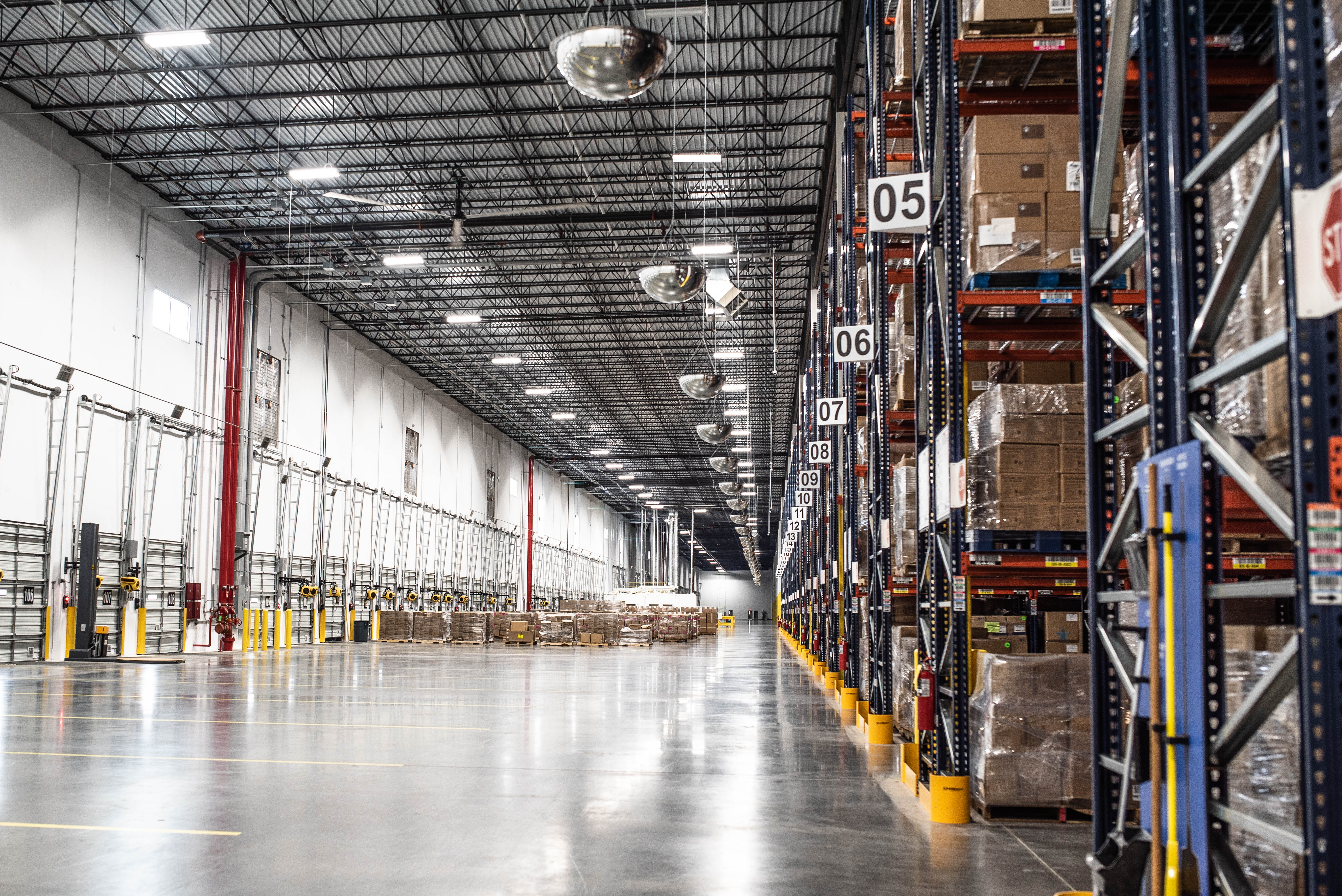In the fast-paced and multifaceted arena of the logistics industry, the power to adapt swiftly and effectively has become a crucial attribute. To stay competitive, companies need to be agile, reactive, and forward-thinking. This is where the concept of flexibility becomes instrumental.
The Power of a Multi-Service Model
One of the key ways flexibility manifests itself in the logistics industry is by being able to offer multiple logistics solutions under one roof. For example, at Covenant, we offer a wide array of services under one roof, such as Expedited Shipping, Dedicated Contract Carriage, Distribution Center Warehousing, Capacity Solutions, and Port/Drayage, making us able to promptly and skillfully respond to a range of client needs. This integrated approach allows service providers to adjust their offerings to meet specific client demands, delivering a level of versatility that sets them apart in the transportation market.
Custom Solutions: The Mark of Flexibility
Flexibility is further demonstrated through the commitment to delivering custom solutions. Understanding that every business faces unique challenges and requirements, logistics providers often tailor their services to match individual client needs. From managing seasonal surges for consumer goods companies to ensuring punctual delivery for the demanding paper and packaging industry, the ability to adapt to customer needs underscores the importance of having a flexible logistics partner.
Innovation: The Gateway to Flexibility
Innovation lies at the core of a flexible approach in logistics. By adopting a forward-thinking, customer-centric mindset, your logistics partner can consistently develop innovative solutions like dynamic truck routing to help businesses navigate complex challenges. This was particularly evident during the COVID-19 pandemic when Covenant leveraged its flexible solutions to support a national brand's growth amidst the crisis.
Flexibility:A Value-Driven Approach
In logistics, flexibility is about more than just responding to immediate needs—it's also about adding long-term value. A successful supply chain requires relevant data, performance measurement, and, most importantly, flexibility. By incorporating these elements into their service offerings, logistics companies ensure that their clients are not just reacting to changes but are also well-equipped to anticipate and manage future challenges.
Timeliness: A Key Component of Flexibility
In the transportation industry, delays can significantly impact operations, revenue, and customer satisfaction. The ability to maintain flexibility without compromising timeliness speaks volumes about a logistics provider's efficiency and reliability.
Flexibility is redefining the transportation market. Through multi-service offerings, custom solutions, innovative approaches, value-driven services, and a commitment to timeliness, Covenant is helping businesses stay agile in an ever-changing landscape.
In the realm of logistics, flexibility is more than just a desire—it's a critical necessity.





.jpg)
